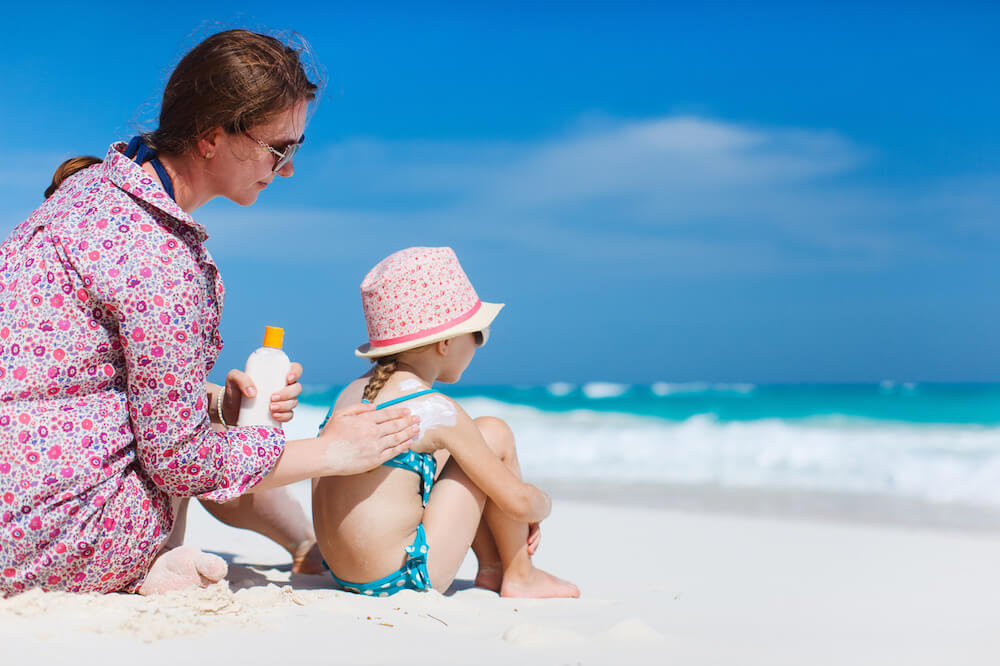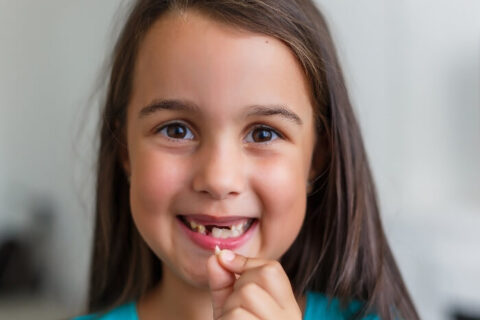Sun Safety Tips for Summer Heat
Summer is here and for us Floridians that means hitting the beach, jumping in the pool, and enjoying the outdoors throughout the Sunshine State. While summer is the best time for fun in the sun, it’s important to make sure that you’re not getting too much of a good thing. Ultraviolet rays from sun exposure can cause skin damage in as little as 15 minutes. Long-term sun exposure can lead to various forms of skin cancer, which, in many cases, can be preventable. By practicing proper sun protection, you can avoid lifelong consequences of overexposure such as premature aging of the skin, sunburns, wrinkling, and skin cancers. Here are some tips for staying safe in the sun this summer:
- Avoid direct sun exposure between 10am and 2pm: This is when the sun is at its strongest and UV exposure is the most hazardous. If you must be outside during this time, seek shade, wear protective clothing, and lather on the sunscreen.
- Care for the kiddos: Children ages 6 months and younger should not be exposed to sunscreen, but need to be protected from the sun with protective clothing and shade. For children over 6 months, sunscreen should be applied regularly.
- Check your skin regularly: Keep an eye out for any abnormal freckles, birthmarks, or moles, and monitor any new skin changes that have occurred. Also, have regular skin evaluations from a dermatologist or healthcare provider.
- Wear sunscreen whenever you’re outdoors: The American Academy of Dermatology recommends using a sunscreen that’s at least SPF 30 — the higher the SPF numbers, the more protection. The sun can still cause damage on days that are cooler or cloudy, so wearing sunscreen whenever you’re outside is the best way to protect your skin. If you’re staying out in the sun for more than two hours, swimming, or sweating, remember to reapply your sunscreen. Also, check your sunscreen’s expiration date. The shelf life for sunscreen is typically three years, but it’s less if it’s been exposed to high temperatures.
- Choose sunglasses with both UVA and UVB protection: Proper sunglasses help to protect the sensitive skin around your eyes from UV rays, but they also reduce the risk of cataracts. Most sunglasses sold in the US can protect from both UVA and UVB rays, regardless of cost.
- Don’t forget the headgear: Wearing a wide-brimmed hat can help to protect your face, head, ears, and neck from harmful exposure. A tightly woven fabric, such as canvas, works best for combating UV rays. When wearing a baseball cap, remember to protect your ears and the back of your neck with sunscreen and protective clothing.
- Be aware of medications that can increase your sun sensitivity: Certain antibiotics and over-the-counter medications can cause you to be more sensitive to the sun. Be sure to check with your pharmacist about the side-effects of your medication before long-term sun exposure.
- Skip the tanning beds: Tanning beds produce harmful UVA and UVB rays which increases the risk of skin cancer, including melanoma which is the deadliest form of skin cancer. There’s also no evidence that using a tanning bed to obtain a “base tan” decreases the risk of sunburn.
- Wear protective clothing: When your skin must be exposed to the sun, choose protective clothing. Loose-fitting long-sleeved shirts and long pants are the best for protecting your skin from harmful sun exposure. Keep in mind that a wet-t-shirt offers less protection than a dry one and dark colors typically offer more protection than light colors.
- Make healthy choices: For healthy skin, avoid smoking, which damages the collagen and elastin in your skin. It’s also important to maintain a healthy diet, stay hydrated, get plenty of sleep, and minimize stress.
For Floridians, avoiding the sun is nearly impossible. It’s in our DNA to make the most of sunny days and warm weather, but taking the proper steps to stay protected from harmful exposure is critical to skin health. At Brevard Health Alliance, we want you to enjoy your days at the beach and backyard BBQ’s without threatening the health of your skin. If you’re concerned about harmful exposure or if you would like to learn more about how to better protect you and your family from harmful sun exposure, contact us today!

















































































































































